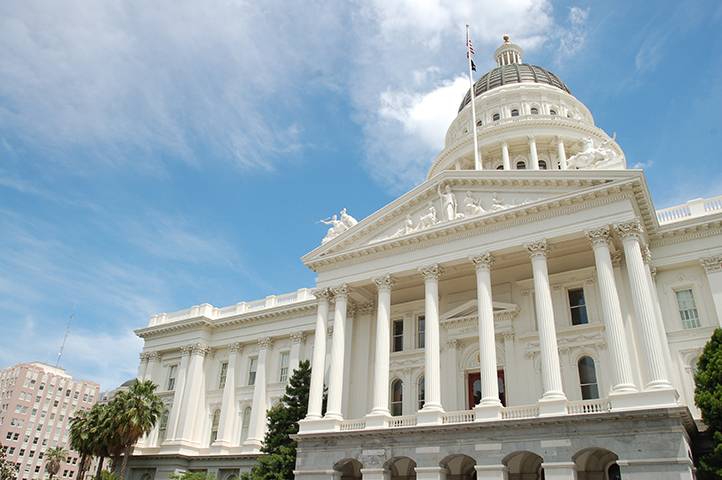eTax Alerts
1 min read
On June 11, 2025 FTB reports it is experiencing technical issues that may impact some of its online services. The issues also affect information it can provide over the phone.
Recent Etax Alerts
3 min read
Beginning as early as September 30, 2025, the president’s March 25, 2025, executive order “Modernizing
2 min read
Last week, the Financial Crimes Enforcement Network (FinCEN) issued a significant Geographic Targeting Order (GTO)
2 min read
If you file Forms 1099 via paper or file electronically with the IRS following the
25 min read
Federal Notices: CA-2025-01 & IR-2025-10 IRS notices CA-2025-01 and IR-2025-10, issued January 10th, announced California
4 min read
Tax professionals serving Los Angeles County have two significant relief measures to discuss with clients
2 min read
If you are a tax preparer located in a federally designated disaster area, your clients
Don't Miss It

California Corner: Filing 1099s with the Franchise Tax Board (FTB)
February 27, 2025


2025 LA Firestorm: Governor Announces Property Tax Relief
January 22, 2025

LA County Tax Preparers Can Get Relief For Their Out-Of-Area Clients
January 16, 2025

Treasury Proposes Key Changes to Circular 230
January 16, 2025





